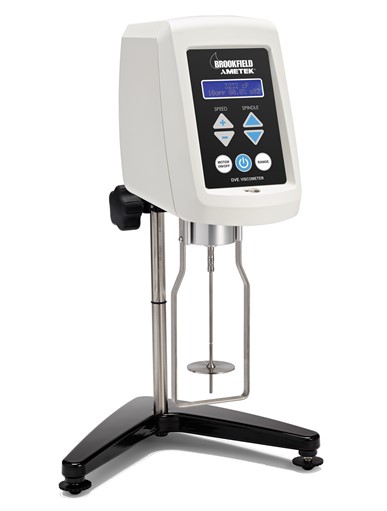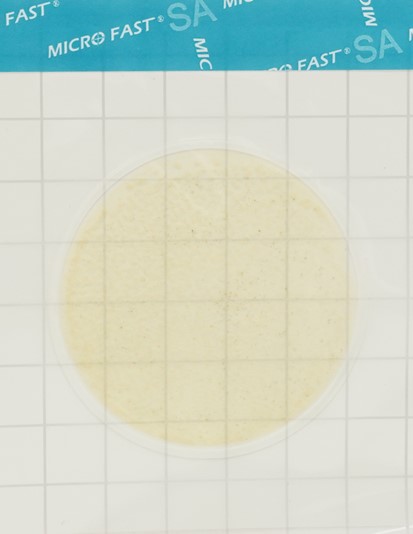Manufacturers have predicted a shortage of cheap laptops before the end of the year

As several market participants told RBC, due to the lack of certain components, laptop manufacturers cannot fully satisfy applications for the supply of goods. Now manufacturers fulfill about 60% of the orders placed by large chains, and about 30% from distributors and other customers, Yury Rodny, head of the diHouse distributor (part of the Lanit group), told RBC. The company satisfies approximately 60% of network orders for the supply of devices, Irina Kukina, Director of Business Development for Lenovo Personal Systems in Russia, confirmed. “But you need to understand that many networks order more than they need, and from several suppliers at once, in order to play it safe,” she misspoke. The main negative consequences affected the lower price segment: devices in it are growing in price, and their range is declining, Kukina said.
What caused the shortage of components and what will be affected by the shortage of finished devices, RBC understood.
Why are details missing?
According to Irina Kukina, more than a year ago there was a shortage of laptop processors due to Intel's transition from the production of 14 nm chips to 10 nm chips. “Then the pandemic began, after about 1.5 months, the demand for laptops began to grow. But in China, people were also in self-isolation, factories were idle. By August, up to 80% of employees returned to them, but physically they could not meet the existing demand, ”she explained. We are talking about both the production of finished devices and components for them: panels, memory, individual chips on a matrix. Factories could not dramatically increase productivity due to the fact that it requires large investments and it is not known whether they will pay off - no one understands how long the increased demand for laptops will last, the RBC interlocutor added.
Sales of laptops increased in Russia Business
Dmitry Kravchenko, CEO of Acer in Russia, said that the shortage of laptops has persisted since the lockdown in 2020. “At first, it was provoked by delays in deliveries, then there was a shortage of components - separate circuits for matrices,” says Kravchenko. “The shortage of circuits, in turn, was provoked by a disruption in the supply chains of components and materials, a reduction in production, as well as a sharp increase in demand for laptops and, accordingly, components for them.” The head of Acer recalled that until recently, as a rule, one laptop per family was enough, but last year people began to buy such devices for each family member so that they could study and work remotely. At the same time, manufacturers did not expect such an increase in demand, but, on the contrary, were preparing for
According to Sergei Zhukov, director of corporate business development at Intel in Russia, the lack of even one detail can lead to the inability to assemble, for example, a laptop or other computer device. “In some situations, it may even be necessary to change the design, for example, to refuse audio outputs for headphones, because there is a shortage for this part,” he said.
Read pioneerprodukt.by "You don't suit us." How to argue effectively at an interview The founder of VkusVill: if an employee is not mistaken, he should be fired What will happen to offshore companies Is it possible to legally check the staff on a lie detector - legal adviceThe head of the press service of ASUS, Kirill Pogorelov, connected the shortage in the electronics market with the shortage of processors (both central and graphics) and screen matrices, although ASUS itself experienced fewer problems than other manufacturers, as it expanded its lineup with laptops with OLED screens. “The shortage of components arose due to increased demand and the extremely difficult technical production of two key components. Even the planning of shipments of matrices and processors begins a year in advance, so it is impossible to increase production instantly when the need arises, ”Pogorelov said.
Who else got hurt
The shortage of components was reflected in the supply of other equipment. The head of the Motorola Mobile business group, Alexander Romanyuk, says that since October last year and until now, the company has not been able to fully satisfy the demand for its products from Russian retail chains: all shipments are for the Motorola Razr clamshell smartphone presented at the end of the year 5G is still on pre-order only. Among the main problems, Romaniuk named the global shortage of chipsets for smartphones, which arose due to a lack of production capacity in factories. There is also a shortage of other components. At the same time, the situation with the supply of Motorola smartphones to Russia should “significantly improve” from April, Romanyuk expects, based on the planned volume of shipments of these devices.
Huawei on the background of sanctions transferred part of the American investments to Russia Finance
According to Anton Panteleev, a representative of Cainiao (an IT and logistics operator within the Alibaba Group), the shortage of semiconductors was affected by an active transition to electric vehicles, the development of drones, as well as a constant upgrade of consumer electronics and an increase in its power. U.S. sanctions on Huawei were also a factor, another market player said : Last August, authorities banned the company and its subsidiaries from purchasing semiconductors that were designed or manufactured using U.S. software or technology without a special license. “The ban came into force in mid-September, and on the eve of this, Huawei was actively buying up similar products on the market, which led to its shortage for other players,” RBC’s interlocutor noted.
According to a representative of M.Video-Eldorado, the retailer sees delays and limited supplies to Russia in certain categories, but the term “deficit” can only be applied to a small segment of game consoles: PS5 and XBox Series X / S - new products, whose sales started at the end of last year.
When will the deficit be eliminated?
The representative of M.Video-Eldorado expects that the situation with notebook deliveries will stabilize in the second half of the year. According to Yuri Rodny's forecast, unsatisfied demand may persist until autumn or even the end of this year. “But it is difficult to measure demand, we can only focus on the number of orders, which are not an accurate indicator,” said Rodny.
“Key components are still missing and, according to vendors, they will not be enough until at least the third quarter of this, and possibly the first quarter of next year,” says Dmitry Kravchenko.
Huawei announced the sale of the brand of smartphones Honor Technology and media
According to the forecast of an ASUS representative, the problem may persist from six months to a year, and according to a Lenovo representative, until the end of this year. Panteleev admitted that the deficit will persist in the medium term - about two years, since "in general, the situation with the production of semiconductors looks far from being resolved."
What will be the consequences
According to the head of Acer in Russia, the current situation primarily affected the availability of entry-level devices: manufacturers prefer to assemble more productive and expensive models from existing components. But Irina Kukina insists that manufacturers do not have a targeted focus on devices in the high price segment. “I think everyone understands that people are looking for products worth at least up to 40 thousand rubles, but they collect what there are components for,” she explained. Among other negative consequences of the shortage, Kukina called the fact that some customers have to revise the deadlines for launching projects and change technical specifications due to the inability to obtain the requested equipment. At the same time, if the market misses the moment of change in the nature of demand, the warehouses of the chains may be overfilled for a long time.
Yuri Rodny admitted that the situation could lead to a redistribution of shares between market participants: “Those who make the market of a certain country a priority for themselves and redistribute the supply of products to it will receive a large share at the end of the year.”
In the market of smartphone chipset manufacturers, the leader has already changed: in the third quarter of last year, the Taiwanese manufacturer Mediatek squeezed Qualcomm, occupying 31% of the market due to the growth of shipments to India and China and a bet on smartphones worth $ 150-200, Counterpoint Technology Market Research estimated.
Representatives for Samsung, Huawei and Xiaomi declined to comment. RBC sent a request to Apple.




























































